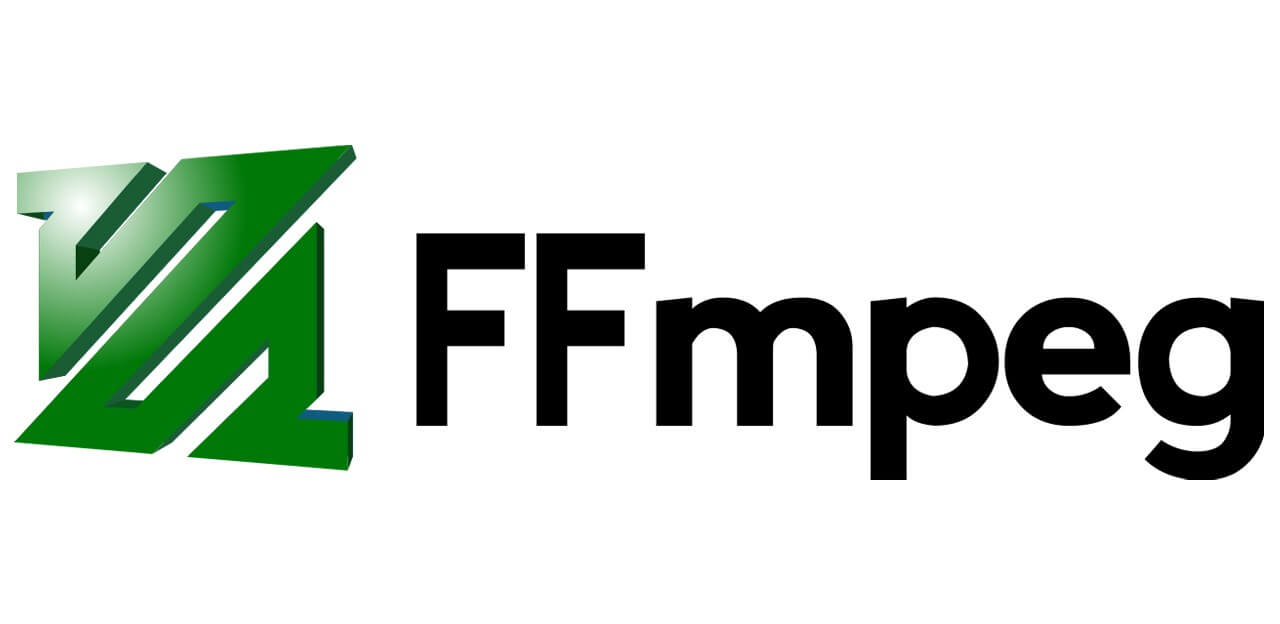FFmpeg is a free and open-source software project consisting of a large suite of libraries and programs for handling video, audio, and other multimedia files and streams. For a project at work, we have a "compile from source" requirement for third party libraries. We are also maintaining a cross-platform AnyCpu nuget package that wraps FFmpeg. Fortunately, building 32bit and 64bit versions is easy using ffmpeg-windows-build-helpers and I'm a fan of the good work they've done. FFmpeg has somewhat of a complicated build chain, but this project has made it easier - given you have a linux environment (Ubuntu would be my choice). This is where Docker can be of some assistance. If you haven't installed Docker already, give it a try.
sudo apt-get update
sudo apt-get install docker-ce docker-ce-cli containerd.io
Here is the basic Dockerfile to get up and running. I recommend downloading the archive of the repository. This way changes to the dependencies won't change performance of the container.
# Dockerfile
FROM ubuntu:latest
# uses many of the concepts found at
# https://github.com/rdp/ffmpeg-windows-build-helpers/
# This mode enables zero interaction while using apt
ARG DEBIAN_FRONTEND=noninteractive
# define xterm (xterm is in most cases built with support for 16 colors)
# and needs to be defined for ffmpeg's build scripts
ENV TERM xterm
# install necessary container dependencies
RUN apt-get update && apt-get install -y lsb-release && apt-get clean all
# install the build environment
RUN apt-get update && \
apt-get install -y \
subversion \
ragel \
curl \
texinfo \
g++ \
bison \
flex \
cvs \
yasm \
automake \
autogen \
libtool \
autoconf \
gcc \
cmake \
git \
make \
pkg-config \
zlib1g-dev \
mercurial \
zip \
unzip \
pax \
nasm \
gperf \
bzip2 \
autoconf-archive \
p7zip-full \
meson \
clang \
python \
python3-setuptools \
wget \
ed
# get the current archive
RUN wget https://codeload.github.com/rdp/ffmpeg-windows-build-helpers/zip/master -O ffmpeg-windows-build-helpers-master.zip
# or copy the helpers from the base directory
# COPY ffmpeg-windows-build-helpers-master.zip /
# extract the build helper, remove the .zip,
# run the cross-compile script, then list the artifacts
RUN unzip ffmpeg-windows-build-helpers-master.zip && \
rm ffmpeg-windows-build-helpers-master.zip && \
mv ffmpeg-windows-build-helpers-master ffmpeg-windows-build-helpers && \
cd ffmpeg-windows-build-helpers && \
./cross_compile_ffmpeg.sh --compiler-flavors=win32 \
--build-ffmpeg-shared=y \
--build-ffmpeg-static=y \
--disable-nonfree=n \
--build-intel-qsv=y \
--enable-gpl=y && \
chmod -R 0777 /ffmpeg-windows-build-helpers/sandbox/redist/
We have a container, but now we must run it. I personally use a run.sh script.
#!/bin/bash
# make a directory for output files and make it writable to all
mkdir -p `pwd`/output && chmod -R 0777 `pwd`/output
# build the Dockerfile into an image
sudo docker build . -f Dockerfile -t ffmpeg-windows-build-helpers-image
# create a new container of an image, and execute the container OR start it if it were stopped
sudo docker run -d --name ffmpegbuilder -it ffmpeg-windows-build-helpers-image || docker start ffmpegbuilder -i
# after it has completed, copy the output back to the host
sudo docker cp ffmpegbuilder:/ffmpeg-windows-build-helpers/sandbox/redist/. `pwd`/output
# stop the container and remove it
sudo docker stop ffmpegbuilder && docker rm ffmpegbuilder && docker image rm -f ffmpeg-windows-build-helpers-image
# remove all unused docker resources (confirming Y)
echo "y" | sudo docker system prune -a
You can run this script using
chmod +x run.sh && ./run.sh
In the output folder, you will see a file named something like ffmpeg-N-100064-g3c922681c3-win32-static.7z and frei0r-plugins-x86-v1.7.0-12-ga312322.7z. Repeat the process for other architectures or better yet, make more containers.
